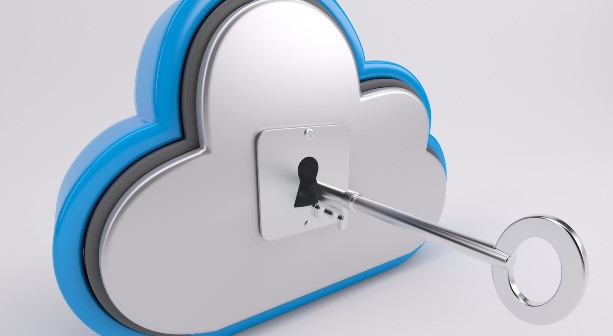What is Cloud Security?

The cloud is a vast number of servers around the world that contribute to a single network. It is mainly used for storage, but can also be used for running applications, streaming videos, and email. Businesses use three methods for cloud services; public cloud (shared with everyone), private cloud (internal network storage), and hybrid cloud for sharing services between organizations/government. This information can be lucrative, which is why cloud security is so important.
Due to malware threats constantly evolving, cloud security is very important, especially when businesses use it as storage on a global scale. High-level security threats consist of unauthorized data exposure, account hijacks, and overall susceptibility to malware. Cloud security involves multiple steps using a data-centric approach.
Encryption:
One step to secure data is to encrypt it, thus reinforcing the authorization process. This ranges from an encrypted connection to a limited encryption of data. Each encryption provides keys to grant access. Only designated users get these keys. For example, Office 365 has a built-in service that encrypts all messages to prevent unauthorized free access or file data without a decryption key.
Using Stronger Passwords:
You probably have already seen this in action. You try to type in a password, and it says something like, “Please add a symbol, an upper-case letter, and/or more characters than 8.” This is to prevent hackers from accessing your account through brute force. Brute force is a hacking term for using as many combinations as possible to access a person’s account. The more characters you type has more possibilities, which means hackers spend more time trying different combinations. The more diverse caps, symbols, and numbers, the better. Kaspersky provides a password check to see how long the password would take to be hacked.
Require MFA for All Users:
Requiring multi-factor authentication (MFA) for all user accounts helps protect devices and data that are accessible to these users. Adding more authentication methods, such as Microsoft Authenticator or a phone number, increases the level of protection in the event that one factor is compromised.
There are many hackers who would like nothing more than to access a business’ private storage information. It’s not uncommon to steal information in order to sell to a black-market online. The cloud is a relatively new technology, and organizations will have to adapt to ever-changing security threats. Luckily, we’re here to help.
Contact Keystone today, we’ll work with you and your organization to ensure your business remains secure from cloud cybercrime.